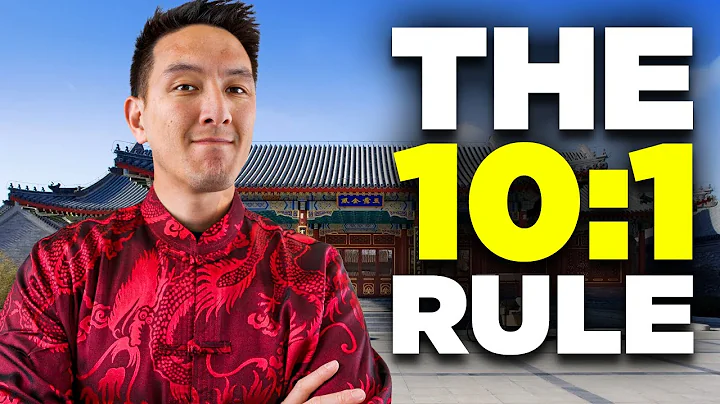We go to the bank to save money, buy financial products, or buy funds or stocks. In my opinion, they are almost the same. They are all about how to manage money.
The key difference is:
How risky we feel this asset is.
For example, when you go to the bank to save money, most people think that the risk is very low or no risk.
Because the bank is big enough, we think it cannot fail, and with so many years of thinking inertia, if parents have saved money all their lives, the bank is safe. It means that no one wants to doubt the bank.
But if we are buying stocks, we will immediately be wary.
Because this thing is risky, there are many scams, and there are many fake companies, so we will not buy it easily. We need to understand the company and what it does. What products are sold? Then read the annual report and financial report to understand its cash flow , assets and liabilities, profit margin, etc.
After you have a basic understanding, you can then consider whether to buy, when to buy, and how much to buy. The same goes for the
fund. It not only depends on the fund company behind it, but also on the performance and historical performance of the fund manager. Those who are more careful will also look at his holdings , what company he bought, what type he belongs to, and his investment philosophy. Whether knowledge and action are unified.
I knew the ins and outs of the fund, and then I started investing, little by little, because I knew this was a high-risk thing and I couldn’t do it casually.
But when it comes to banks, ordinary people make decisions without thinking at all. They don't pay attention to what the bank uses the money for, who they lend it to, and how risky it is.
In the eyes of people in the industry, banks make money while lying down and become rich.
For example, an insurance agent may have to work hard for several months or even a year to sell a policy, but in a bank, it only needs to be packaged a little with the customer. , Medical insurance reimburses 1 million, but it does not say that there is a threshold of 10,000; the pension insurance income is 5%, but it does not say that the interest rate is floating, and there are restrictions such as handling fees,
In short, in the bank, customers will believe whatever you say What.
In fact, for most banks, they are not small in size. They do not lend money only to a certain company or a certain industry, especially the four major banks. Their loan targets are all over the country and in various industries.
If one of the companies goes bankrupt and causes bad debts, we will definitely prepare in advance so as not to break our muscles and bones; of course, if all industries go bankrupt, then we don’t have to worry about the deposits.
But what bank was involved in this incident? Please note that
is a village bank. In what region is it a village bank? It is a village bank in the central region of . What kind of village bank is it? It is a private village bank.
This is the key, the focus.
How big are they? Can it lend to the entire industry? Can risks be spread?
Impossible. For this kind of mini bank, there is only one egg in total. How can it be put into multiple baskets?
This is his natural risk.
Many people ignore this risk because these very small banks have had their own risk control methods over the past many years.
For example, they are keen on the real estate industry and rarely get involved in high-risk enterprises.
In the past few decades, the real estate industry has been in a golden age. Even if there is an occasional correction, it can eventually survive it, which makes the lending of these rural banks generally safe.
But the problem is that just because the risk has never been encountered does not mean that the risk itself does not exist.
I will not analyze the specific reasons here. There are many articles on the Internet explaining it. I want to continue what I talked about in yesterday’s article, the independence of insurance assets, and it is necessary to emphasize it to everyone.
We buy insurance and give the money to the insurance company. No matter whether the insurance company makes a profit or a loss on its investment, or even if there is a thunderstorm, the policy will still be redeemed.
Because the underlying assets and insurance policies are independent of each other and do not affect each other. The explosion of
is sometimes a cross-industry chain reaction, but insurance policy is also not affected in any way and is independent from other industries.
Again, insurance has the strictest risk regulations in the entire financial industry. This is because it has three strong lines of defense:
1. The insurance industry has the "Insurance Guarantee Fund"
2. Secondly, the "Insurance Law" stipulates that insurance companies must How to operate once bankrupt
3. Finally, there is the second generation risk management system
. Finally, if you have any questions, you can consult Brother Dou





















